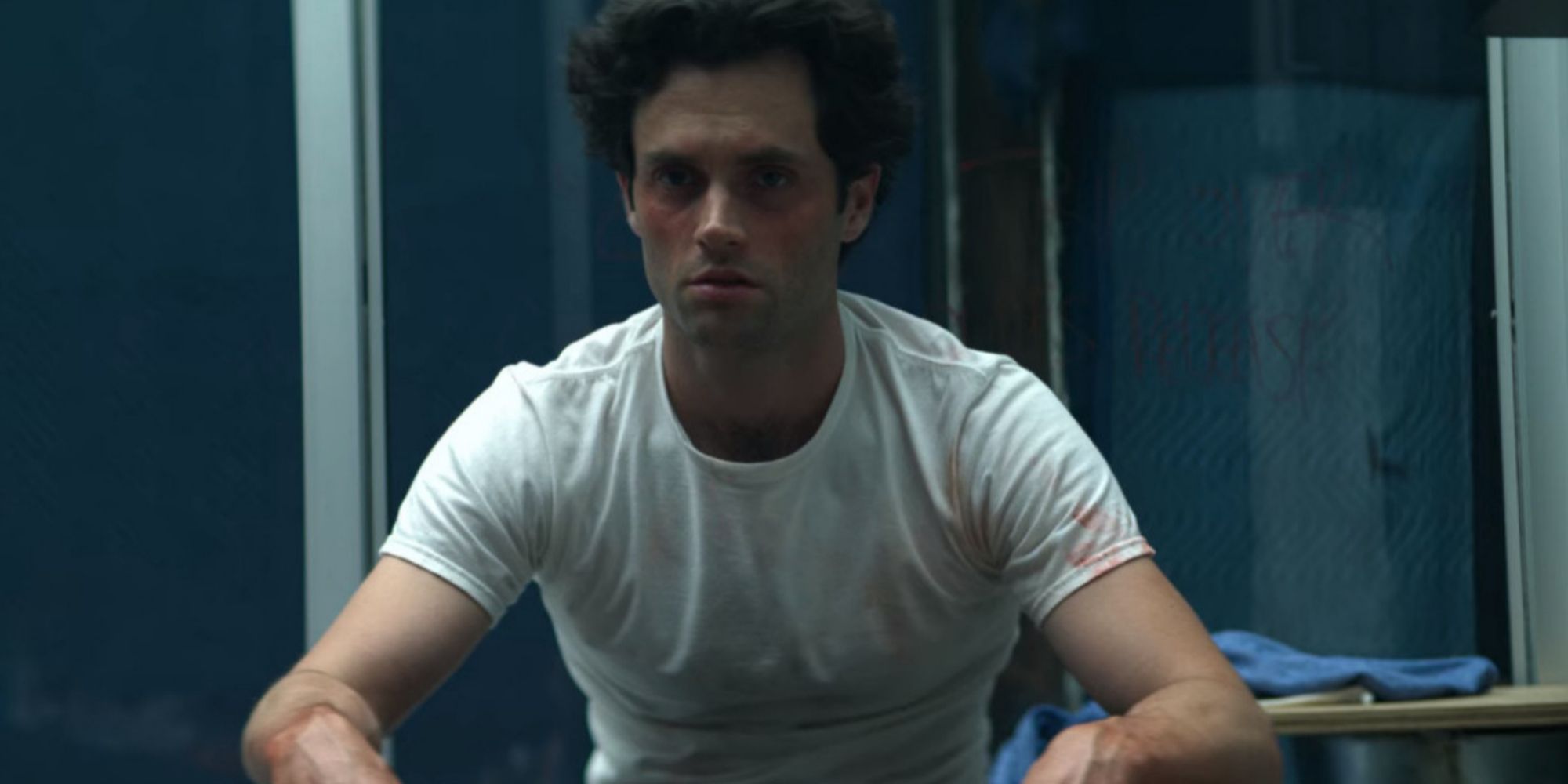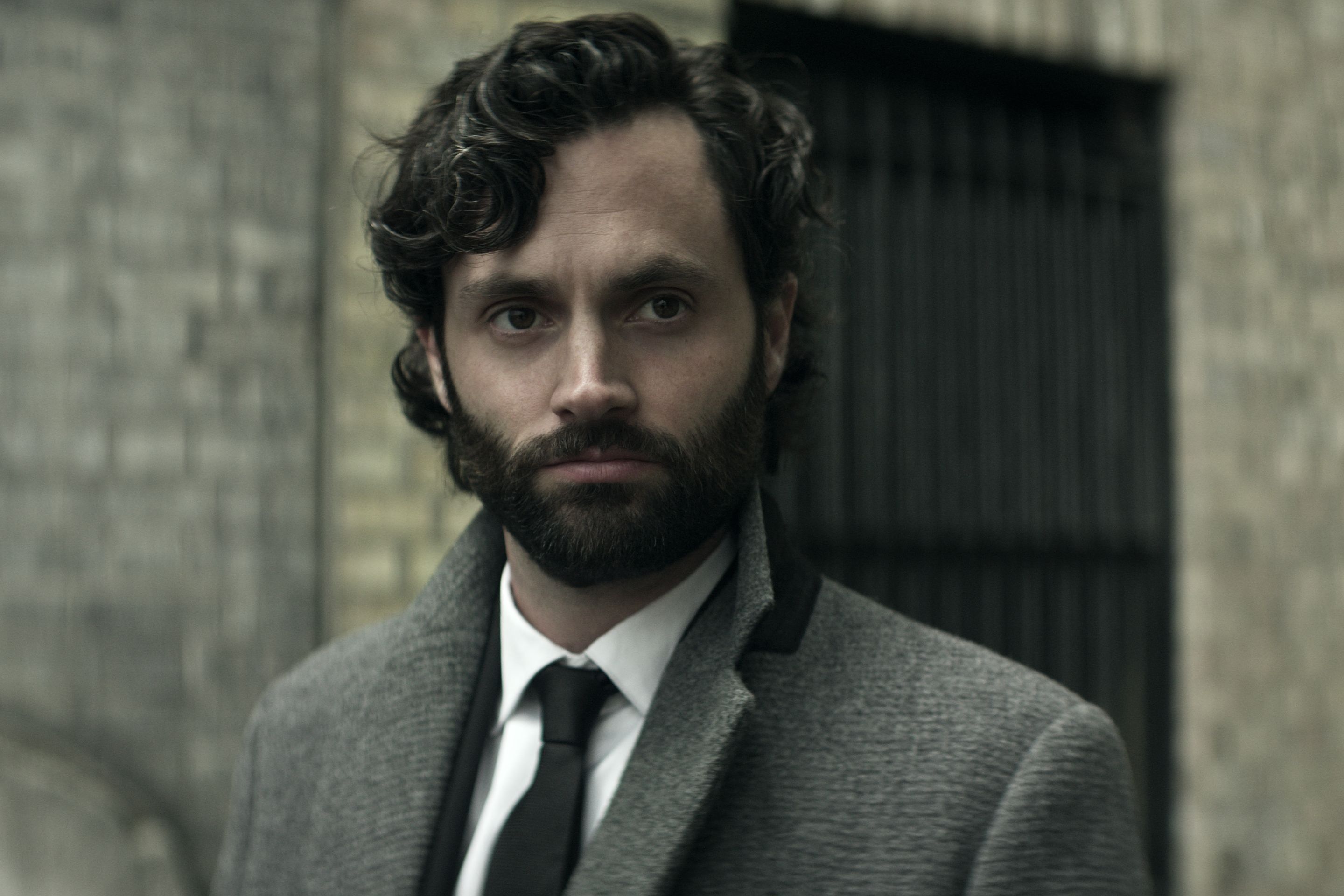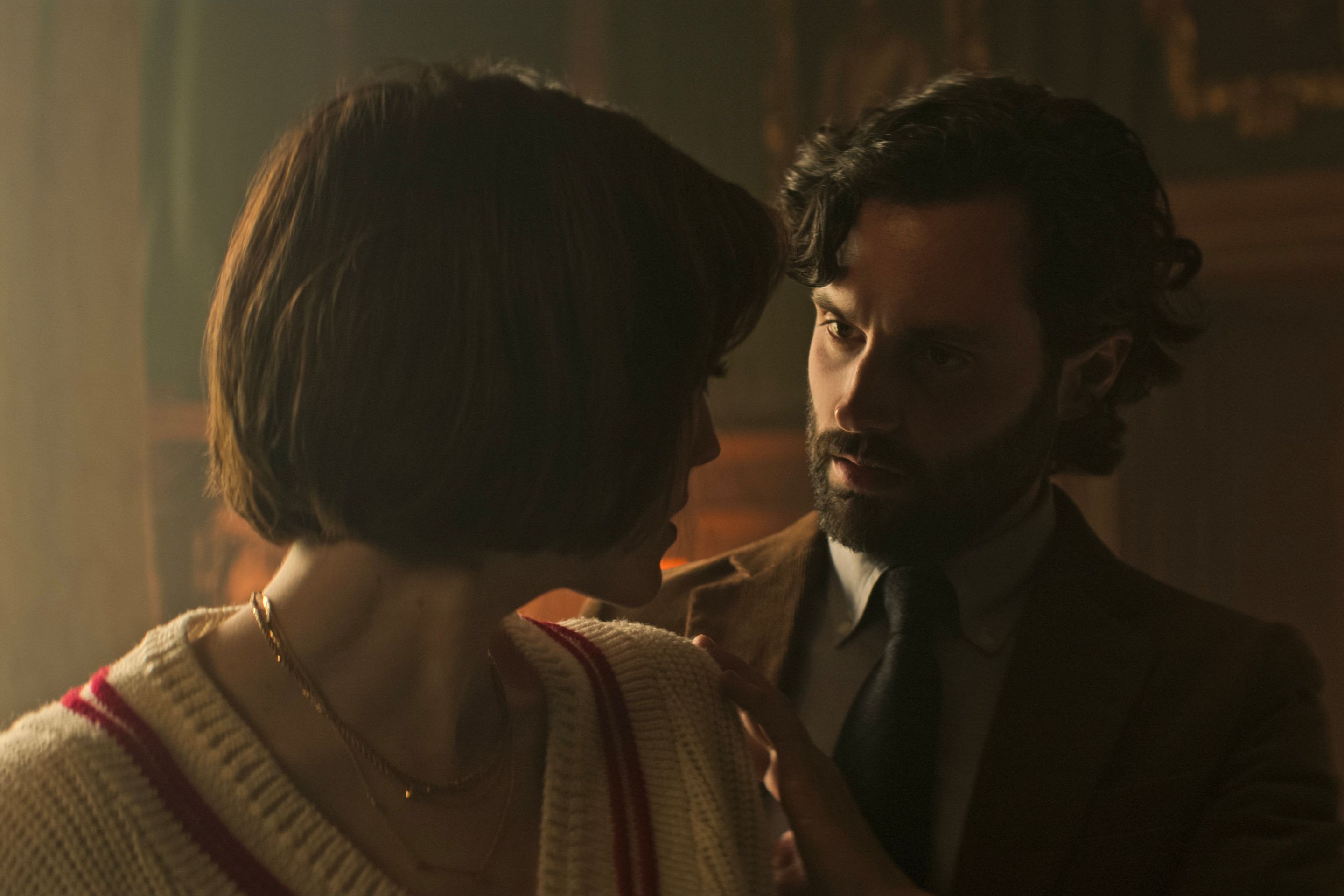In the wake of You dropping half of its fourth season on Netflix, Penn Badgley (who plays the show’s central stalker/serial killer Joe Goldberg) spoke out on his podcast Podcrushed about his discomfort with sex scenes. In the wake of that, there was an explosive response from the internet followed by a number of interviews in which he further elaborated on his position. He expressed that he felt uncomfortable performing sex scenes due to feeling like it has a negative effect on his personal life and relationships, and explained to Variety that You’s propensity for intimate scenes almost kept him from taking the role. Ultimately though, Penn Badgley followed through with the role and found much acclaim for it. But heading into the show’s fourth season he spoke to showrunner Sera Gamble about his reluctance to participate in sex scenes and she, according to him, responded “really positive[ly]” making adjustments to the season and the scenes that Badgley was satisfied with. But even outside of Badgley’s own statements on the matter, his interviews on the topic have reignited a heated discussion on how we portray sex onscreen.
Respecting Actors' Boundaries
The dialogue around sex scenes has existed for nearly as long as the medium of film has and though we’ve decades past the Hays codes relevancy, the debate over including intimate scenes has remained a hot topic. In recent years we’ve seen this come up more and more in relation to showcasing sex scenes between teenage characters in shows like Euphoria and Riverdale. In these discussions, we largely focus on the more subtextual aspects like how does seeing adults portraying teenagers taking part in sex affect the way we see teenagers. Or how do these portrayals affect the ways teens see themselves? Sex scenes are getting more and more common in shows regardless of demographic, and we’re seeing questions about whether these sorts of scenes serve a purpose or exist simply to be titillating.
But Badgley’s comment speaks more to the side of this conversation that centers on the actors themselves, not the audience. To use Euphoria as an example again, the show utilizes sex scenes frequently and due to the show’s mature rating it can get away with a lot more than network shows. In the aftermath of both the first and second seasons, there was a lot of discussion from the cast on the input they were allowed to have on the sex scenes, specifically from the female cast that largely expressed that creator Sam Levinson was willing to make adjustments to intimate scenes for the cast’s comfort. Sex sells, but it’s paramount that the actors involved in these sex scenes are willing participants whose opinions are being taken into account. And Badgley’s willingness to bring up this issue only makes it easier for others to do so in the future. Additionally, these conversations tend to focus on an actress's potential discomfort in these scenarios due to the male gaze and the long-standing tradition of objectification. But Badgley shows that this issue is not exclusive to women. Sex scenes can be objectifying or uncomfortable regardless of gender.
The Necessity of Sex Scenes
In the broader public sphere, Badgley’s statement has been met with a wide range of responses. Some applauded him for being so committed to his wife that he’d refuse to participate in simulated sex even for work, others saw this as a sign his wife keeps him on a tight leash, but for the majority of onlookers, the debate quickly turned to the oft-trodden ground of “do we need sex scenes?” with people falling all across the spectrum on opinions. Some viewed his statements as contributing to a type of “purity culture” that seeks to decrease the amount of mature content we see because it's inappropriate or uncomfortable. Others applauded him for speaking about how normalized we’ve become to seeing sex on screen. And others entirely who just appreciated hearing him speak on his own experiences. Overall, the discourse is as messy as expected in online spaces.
This all comes back to the ongoing discussion on the “necessity” (or lack thereof) of sex scenes in media. His statement reignited people on both sides arguing if sex scenes do or do not serve a purpose beyond being uncomfortable to watch with your parents. And the truth is far more complicated to come to. Sex scenes can serve a larger purpose, but they can also just be for fun. And the actor's willingness to participate in these scenes is similarly complex. Sex scenes can come in all shapes and sizes and be designed for a variety of purposes. The discomfort people feel while watching them can sometimes be entirely intentional like how it's used in Parasite. But in some cases like Blonde it can feel egregious. “Necessity” in these cases is entirely subjective, for Badgley at least we can see they fall more on the unnecessary side.
But Penn Badgley is just one guy, and he’s only speaking for himself. He isn’t comfortable doing sex scenes, full stop. So are plenty of other actors. And there are plenty more who are totally down to fictionally clown. This debate on sex scenes isn’t cut and dry and what’s most important is to recognize everyone’s own agency in engaging with these topics. Some actors are down to shoot sex scenes, some aren’t. Some audience members are fine with watching sex scenes, some aren’t It all comes down to personal preference and as this discussion will undoubtedly continue to spark Twitter debates for years to come, it will continue to be important to hear from actors like Penn Badgley (and actors who share entirely different points of views) in order to reach a more nuanced understanding of this dialogue beyond just "sex scenes good" or "sex scenes bad."
Ultimately, what Badgley reminds us with his words is that actor’s consent and comfort are paramount when it comes to sex scenes regardless of gender. Actors could have a million different reasons for not wanting to participate in a sex scene and Penn Badgley is showcasing just one of those reasons. Just like every audience member might have different amounts of discomfort watching sex scenes, actors can have varying levels of comfort portraying them. It’s getting more and more common for actors to give input on their intimate scenes and that includes the right to veto things they’re uncomfortable with. It’s important to understand that while sex scenes can absolutely add more than just hedonism to a story, that doesn’t mean they are always necessary. And it’s ultimately just as important to be communicative about one’s feelings on sex scenes as it is to be communicative about actual sex.




